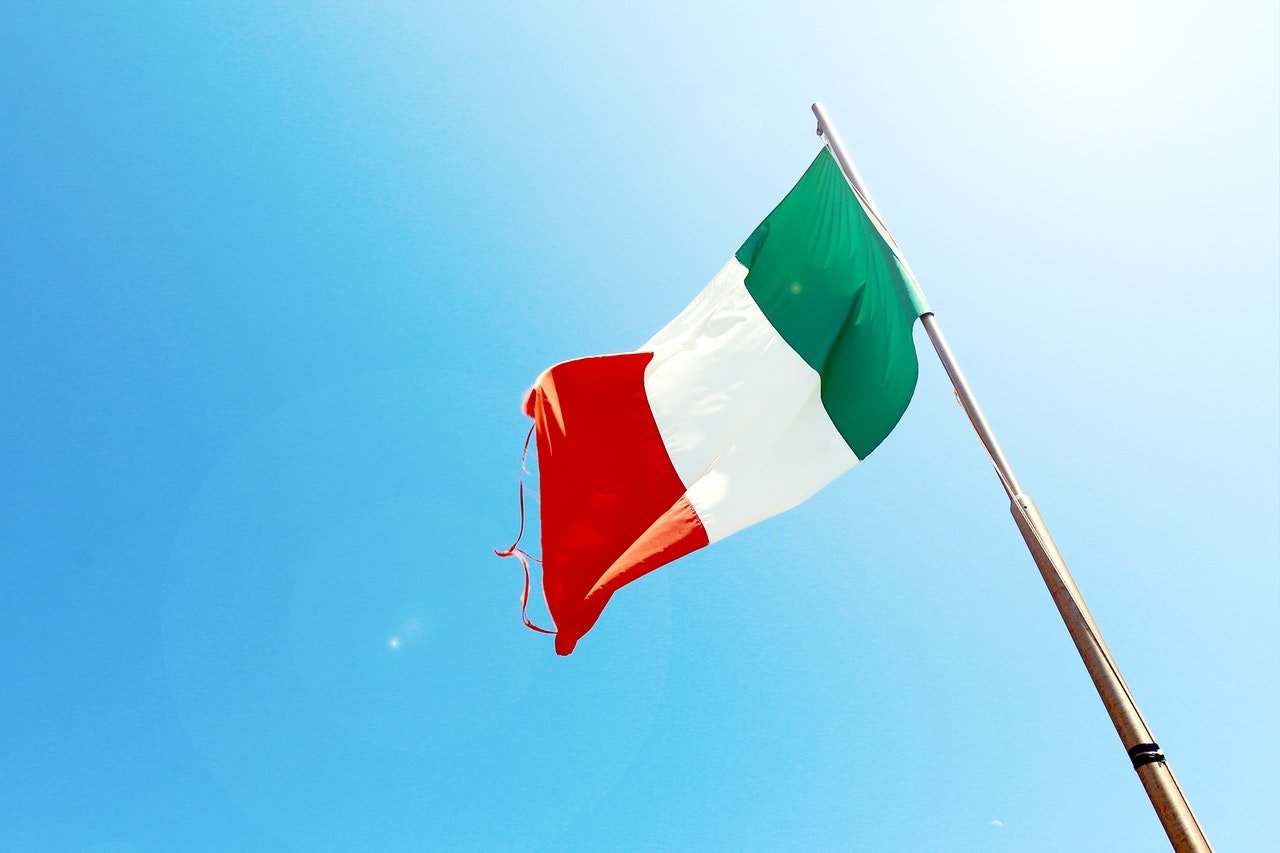4 things other countries could learn from the Italian work environment

Italy is certainly not famous for being a country with an ideal employment situation. Quite the contrary. The news reminds us almost daily of the numbers of youth unemployment. In January 2022, ISTAT reported an unemployment rate of 8.8% overall and 25.3% among young people. These numbers are lower than in previous years but still significantly higher than the European average. Does this mean that there are no more benefits if you choose to work in the Bel Paese? Quite the opposite. Let me tell you why.
Tredicesima and quattordicesima
Photo by PXhere
If you're not Italian, the chances of you knowing what tredicesima and quattordicesima are, are really really low. For the uninformed, they’re two additional payments on top of a worker's basic salary.
The tredicesima (thirteen month) is compulsory for all employees in Italy and is usually paid in December, a kind of help with extra spending over the Christmas period and consists of a full salary. The quattordicesima (fourteenth month) is paid in July and, unlike the tredicesima, it's not compulsory for everyone. It's only provided to people who work in specific fields, like chemicals, food, transport and logistics, cleaning, commerce and tourism. If you're part of the lucky group, you'll be receiving your extra salary in July and get some cash for your summer holiday. Pensioners are entitled to receive both.
TFR (something close to severance pay, but not really)
Photo by Vie Studio
It's also called liquidation, and it's one of my favourite things about the Italian labour market. It's a sum of money that employers need to pay to employees who stop working for a company. It doesn't matter if the end of the working relationship was mutual or if the employee has been fired; if you stop working for a company, it owes you money. It's given to both private and public sector workers and those with fixed-term and permanent contracts. The amount varies according to several parameters, but usually, it's one month's salary for each year worked in the company. Basically, if you join a company and stay there for three years, at the end of those three years, you'll receive three salaries altogether. Not bad, right? You can also choose to have the whole amount credited into a pension fund and then use it when you stop working for good to enjoy your retirement.
Preferential tax regime for returnees
Photo by Daria Shevtsova
The country's economic situation has driven many young people to emigrate abroad in the last 20 years. In most cases, it's people with academic qualifications and specialised profiles who haven't been able to find a suitable place in Italy and have tried their luck out in other countries. Italy is trying to bring some of them back to their homeland. To do so, the Italian government has activated a series of tax breaks hoping to encourage Italians who are starting to miss their nonna to come back to the country. The benefits vary depending on the academic qualification and work or study experience. Still, it’s possible to save between 50% and 90% with your taxes in the five years following your return. Moreover, to facilitate the development of the regions of southern Italy, there is an extra 10% reduction in taxes for those who move their residence to Abruzzo, Molise, Campania, Puglia, Basilicata, Calabria, Sardinia, and Sicily.
Ironclad permanent contracts
Photo by Ann H
If you're born in Italy and start working, your goal will be to get a permanent contract. Once you have a permanent contract, nothing is impossible. You want to get a car? A bank will give a loan. Thinking about buying a house? The only way to get a mortgage is with a permanent contract. But how come? Simple, once you get a permanent contract, companies can't fire you; it's practically impossible. Of course, there are exceptions, but usually, the employee must have done something extremely serious. Even if the company is experiencing financial problems on its side, it's very common to resort to other measures such as furlough before dismissing staff. The downside of this is that employers seriously need to evaluate if they need to hire new people. This contributes to a slow job market, where companies struggle to hire because of their fears of financial problems in the future.
In addition to this list, in Italy, you can enjoy the other standard benefits available in many different European countries, such as paid sickness and maternity leave, an average of 26 days of paid holidays per year, and 30 days of leave for various needs. Oh, and if you are a fan of Italian cuisine, in more traditional companies, lunch break lasts one and a half hours so that everyone can enjoy a small bite of la dolce vita. After reading this, the idea of waking up every day in your tiny house in Sicily and working from there doesn't seem so bad anymore, does it?
Any opinions, news, research, analyses, or other information contained on this website are provided as general market commentary, and do not constitute investment advice, recommendations nor should be perceived as (independent) investment research. The author or authors are employed by Vivid and may be privately invested in one or several securities mentioned in an article. Vivid Invest GmbH offers as a tied agent of CM-Equity AG the brokerage of transactions on the purchase and sale of financial instruments with the exception of those in the area of foreign exchange brokered by Vivid Money GmbH.